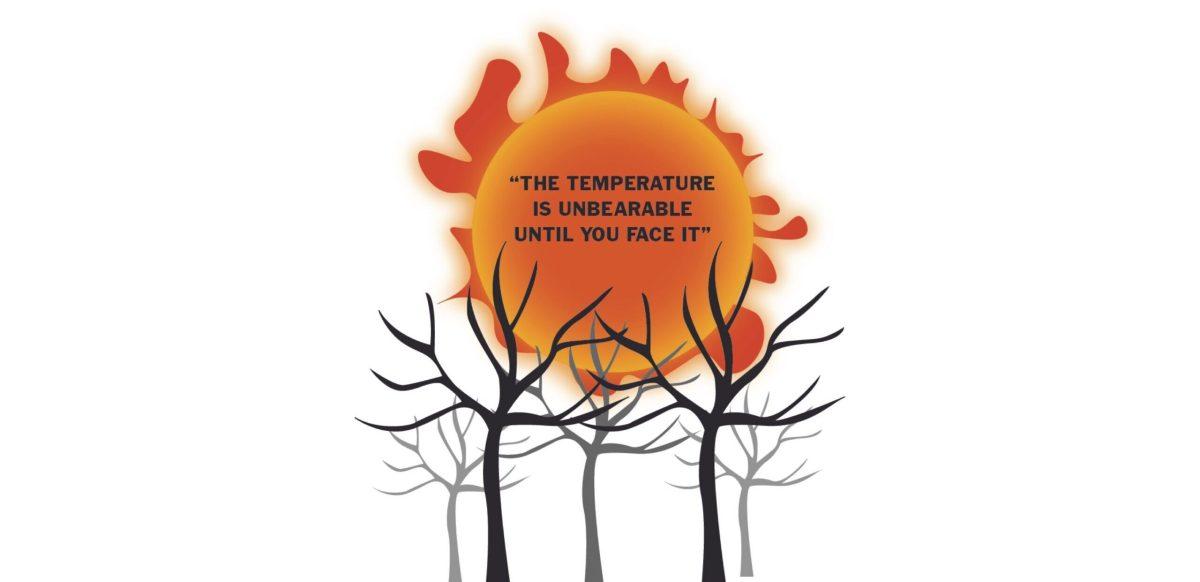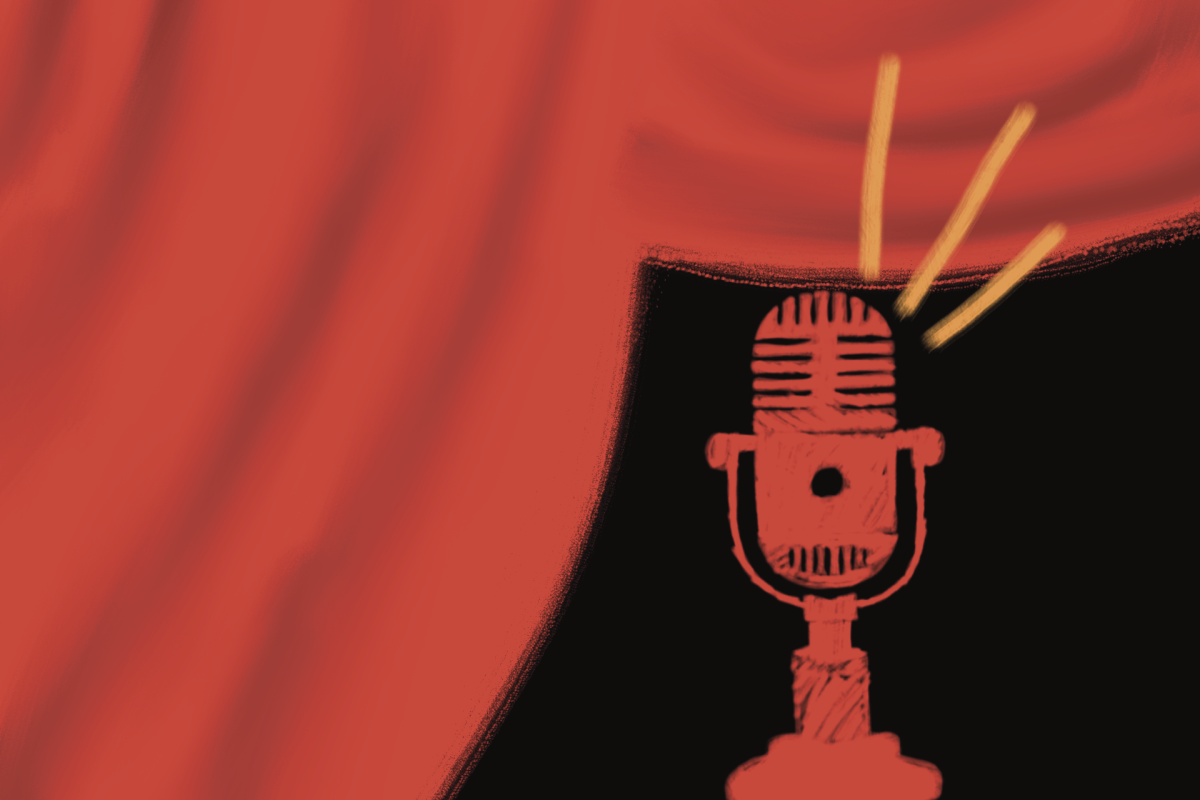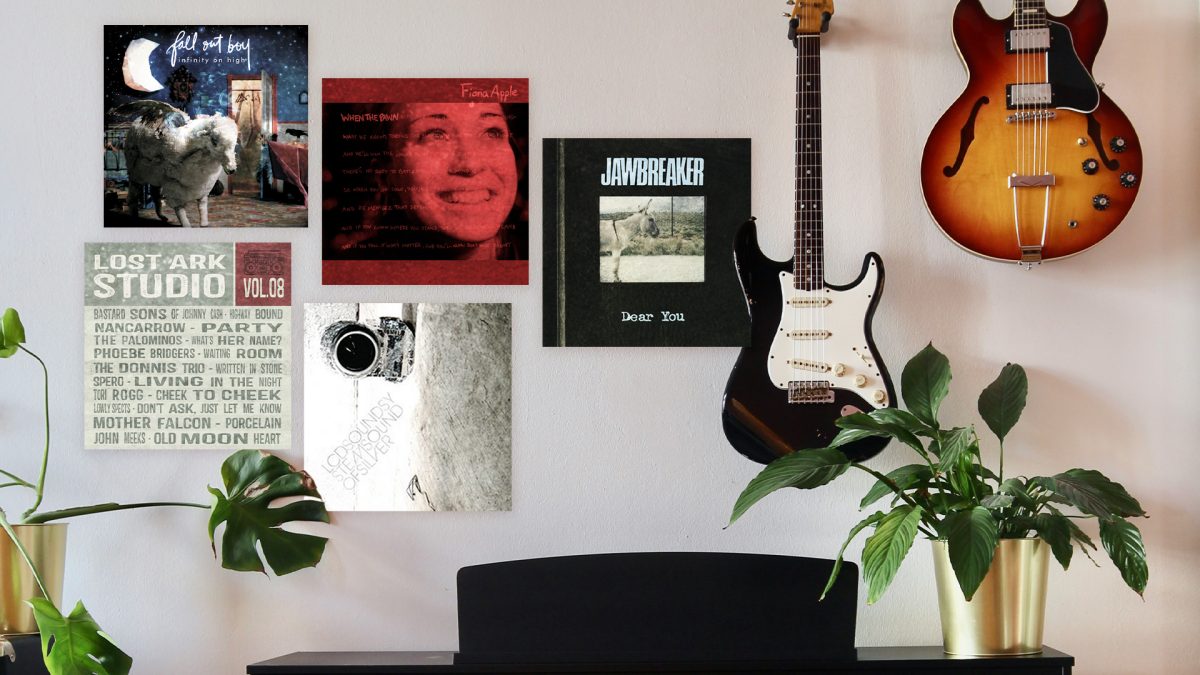Over four years after her critically acclaimed sophomore album “Melodrama,” Lorde released “Solar Power,” a pared down pop record, on Aug. 20. The highly anticipated album debuted to mixed reviews, scoring a 6.8 out of 10 on Pitchfork. While many listeners found the music boring, the mature themes and chill vibe on Lorde’s third album make it a worthwhile listen.
“Solar Power” lacks the angst of “Melodrama” or “Pure Heroine,” instead, the theme is finding peace after hardship. The album explores climate change, growth, nature and fame through acoustic tunes, satirical characters and vivid metaphors . Lorde’s lyrics emphasize the value of protecting the Earth, others and an individual’s soul.
The album opens with one of the strongest tracks: “The Path.” The song immediately establishes an eerie tone with a Joan Didion-esque deserted feeling; it warns fans not to find answers in the phony lives of the celebrities they worship. The track introduces one of the album’s messages about embracing nature and truth rather than fake idols. “The Path” successfully catapults the listeners into the world of “Solar Power” in a melodically exciting way.
“Now if you’re looking for a saviour, well that’s not me/You need someone to take your pain for you?/Well, that’s not me,” Lorde sings. “Let’s hope the sun will show us the path.”
Similarly, “Mood Ring,” the third lead single, satirically looks at how young people use fads and appropriate cultures to connect with their emotions, instead of dealing with them head-on. “The track is fun to listen to while walking to class or driving and provides an interesting metaphor to dissect on another listen.
“California” dives deeper into the theme of fame present throughout the album. Lorde sings about wanting to flee from her stardom, and she acknowledges the “dream” is not real like the “clouds in the skies” or “desert flowers.” This track employs a tactic found throughout the album; Lorde sings an upbeat melody matched with surprisingly hard-hitting lyrics.
“All that mystery and beauty gleaned from desert flowers and gifted children/But it got hard to grow up with your cool hand around my neck,” Lorde sings.
“Fallen Fruit,” the fifth track, also uses a repetitive and unsettling melody to deliver an impactful lyric.
“And we will walk together/Psychedelic garlands in our hair/But how can I love what I know I am gonna lose/Don’t make me choose,” Lorde sings.
This song feels despairing – lamenting the loss of nature and climate security for a generation, while condemning past generations for their exploitation of the Earth.
“Leader of a New Regime” is a haunted track about a dystopian future with a climate-wrecked society, and Lorde imagines running away with superficial objects (her designer dress and magazines). The grim view of climate change in both songs made it an especially memorable motif.
Keeping with the theme of climate change, the upbeat lead single “Solar Power” celebrates nature as Lorde throws out her phone and flaunts about the beach in the music video. The track features stunning backup vocals from Phoebe Bridgers and Clairo.
While many of the beautiful things mentioned throughout the album are physical, Lorde also explores growing up, including the challenges and beauty of aging. In my favorite track, “Stoned at the Nail Salon,” Lorde gives personal advice about loving life despite its imperfections. However, as the title suggests, she backtracks all her abstract thoughts with “I don’t know” and a melancholic tone. “Stoned At The Nail Salon” effectively strikes emotional chords with difficult lyrics and a beautiful piano track.
Lorde’s iconic “Ribs” discusses growing up with dread; however, “Secrets from a Girl (Who’s Seen it All)” shows the artist’s growth from the “Pure Heroine” track by acknowledging the overwhelmingly rapid passage of time and its hardships with honesty and experience. The song is repetitive and catchy, with an emotional outro that made it one of my favorite songs on the record.
“Oceanic Feeling,” the long and meandering conclusion to the album with two alternating chords, is about Lorde’s connection to the world and people in her life, both past and present. She leaves listeners with the confession that she has not yet reached enlightenment, but continues the journey toward it with the help of the natural world. She has lost the angst and judgement of her teenage debut “Pure Heroine” and the young adult confusion of “Melodrama.” Lorde, the liability, disappeared into the sun four years ago with “Melodrama” to find joy in the pain of solar power.
Edited by Elise Mulligan, [email protected]








